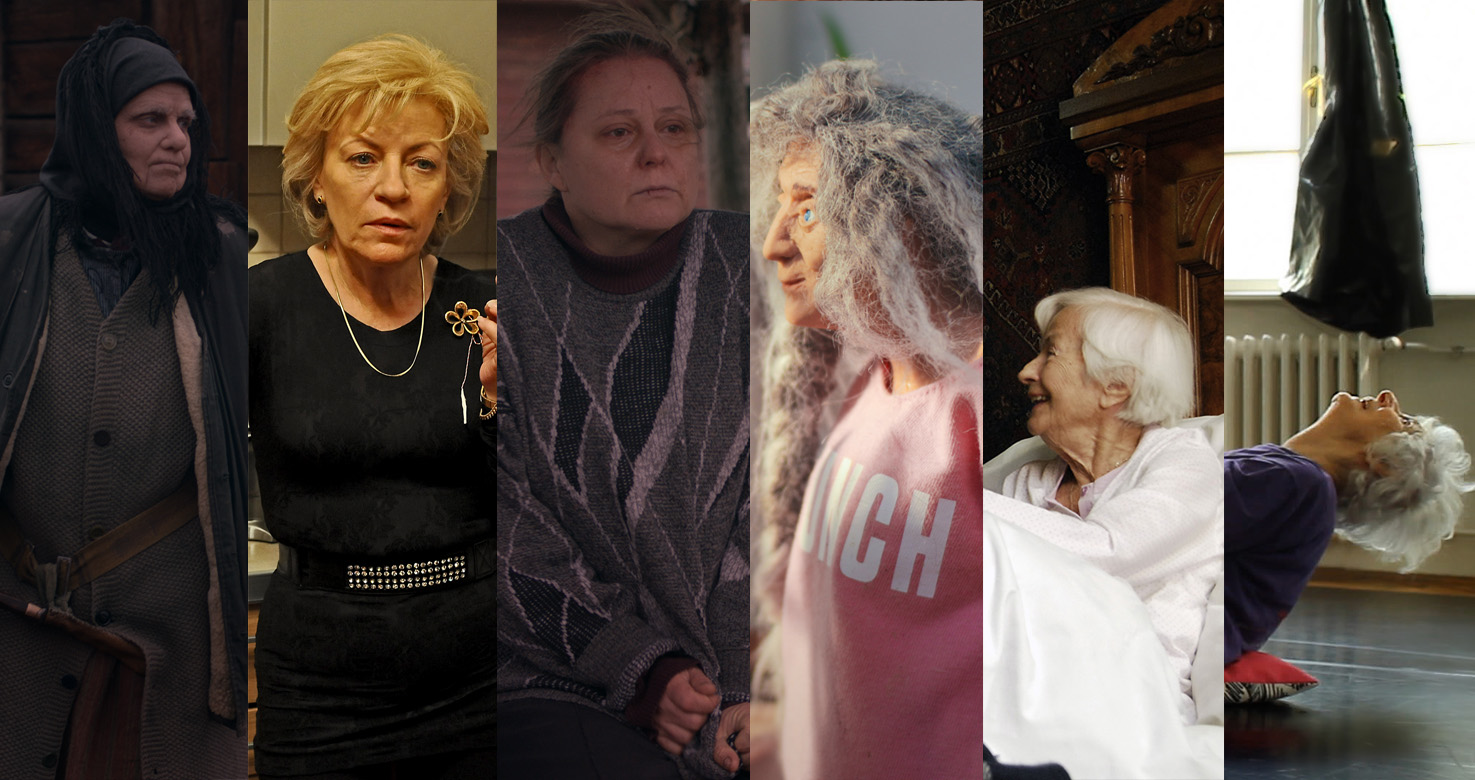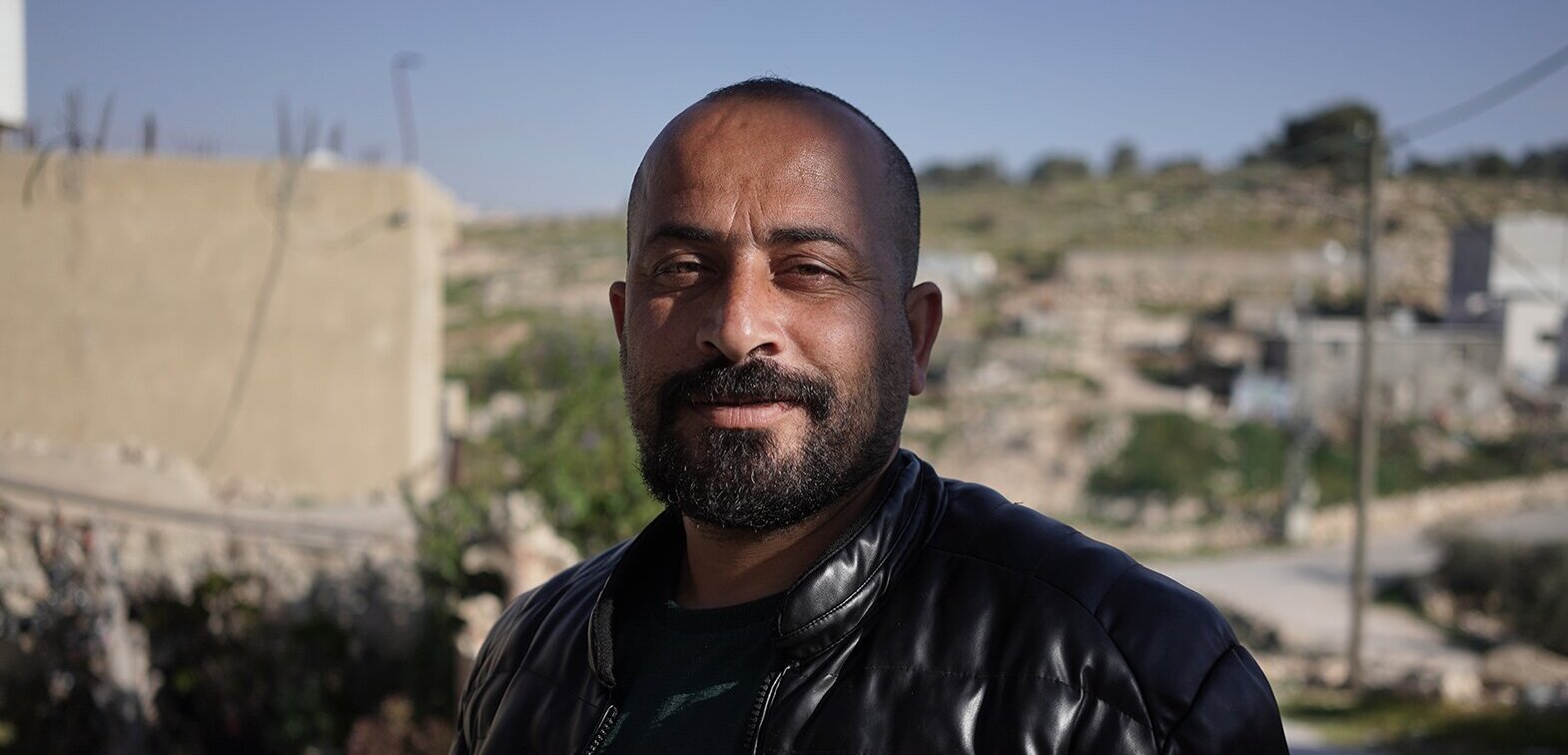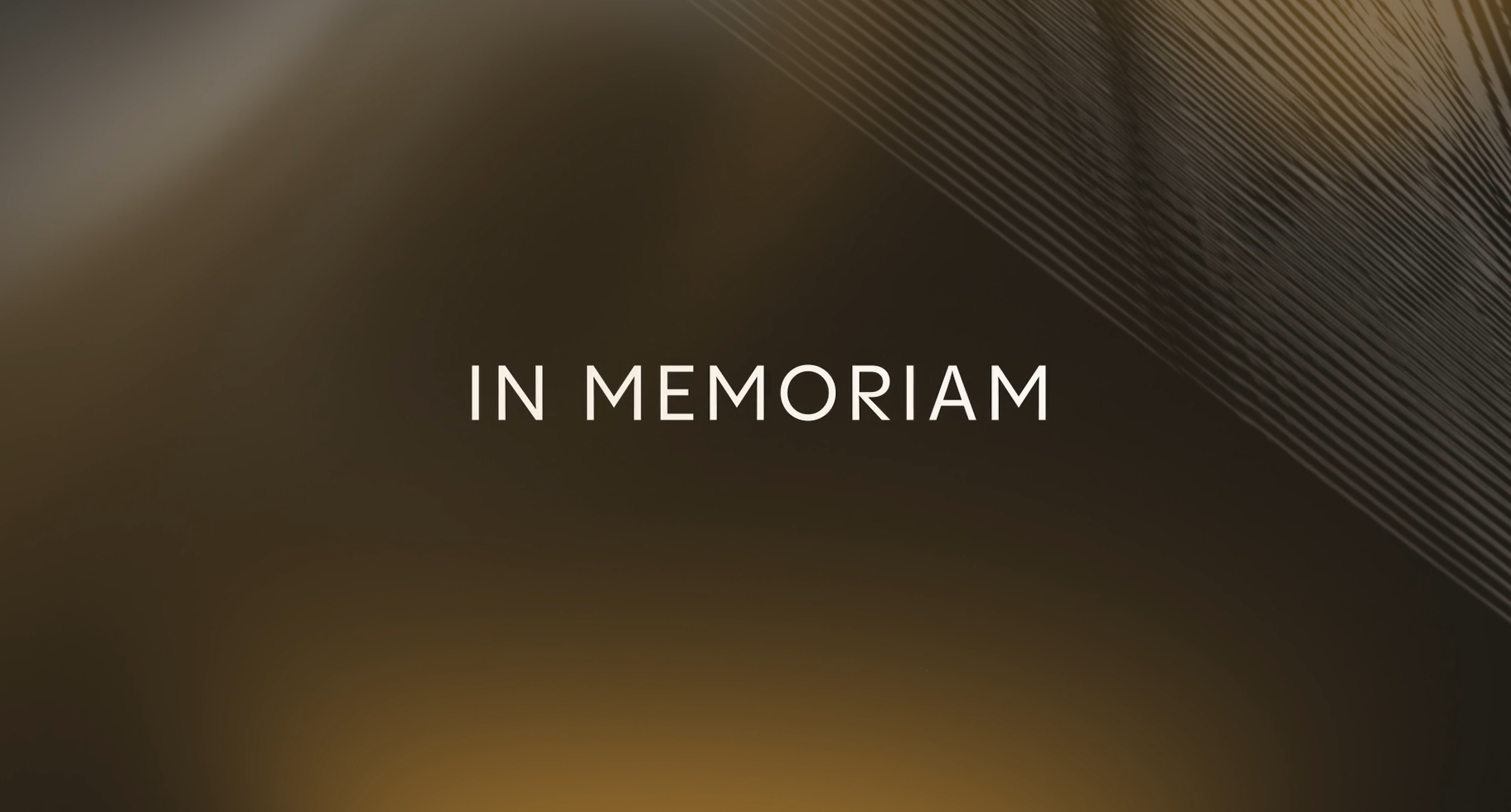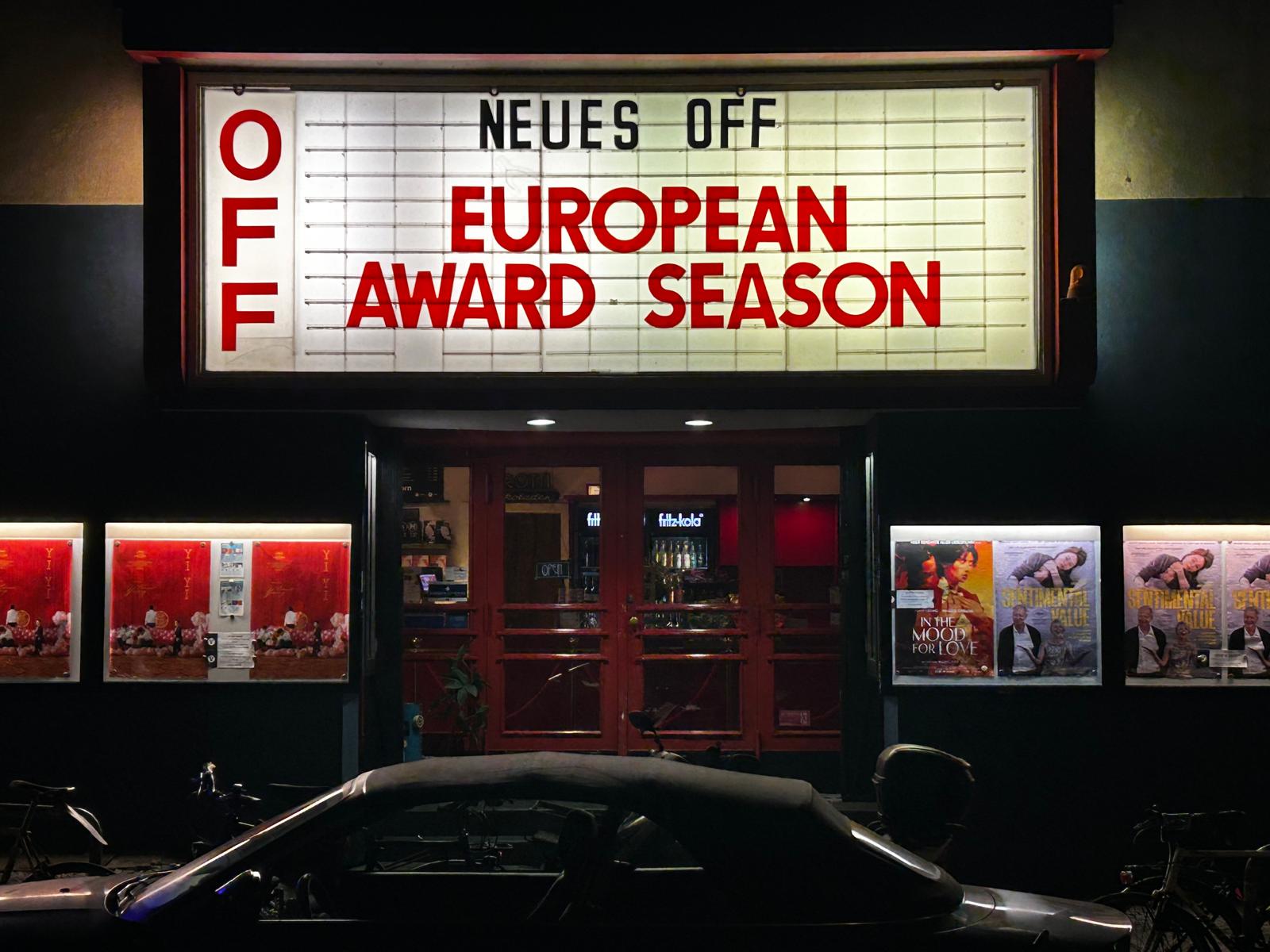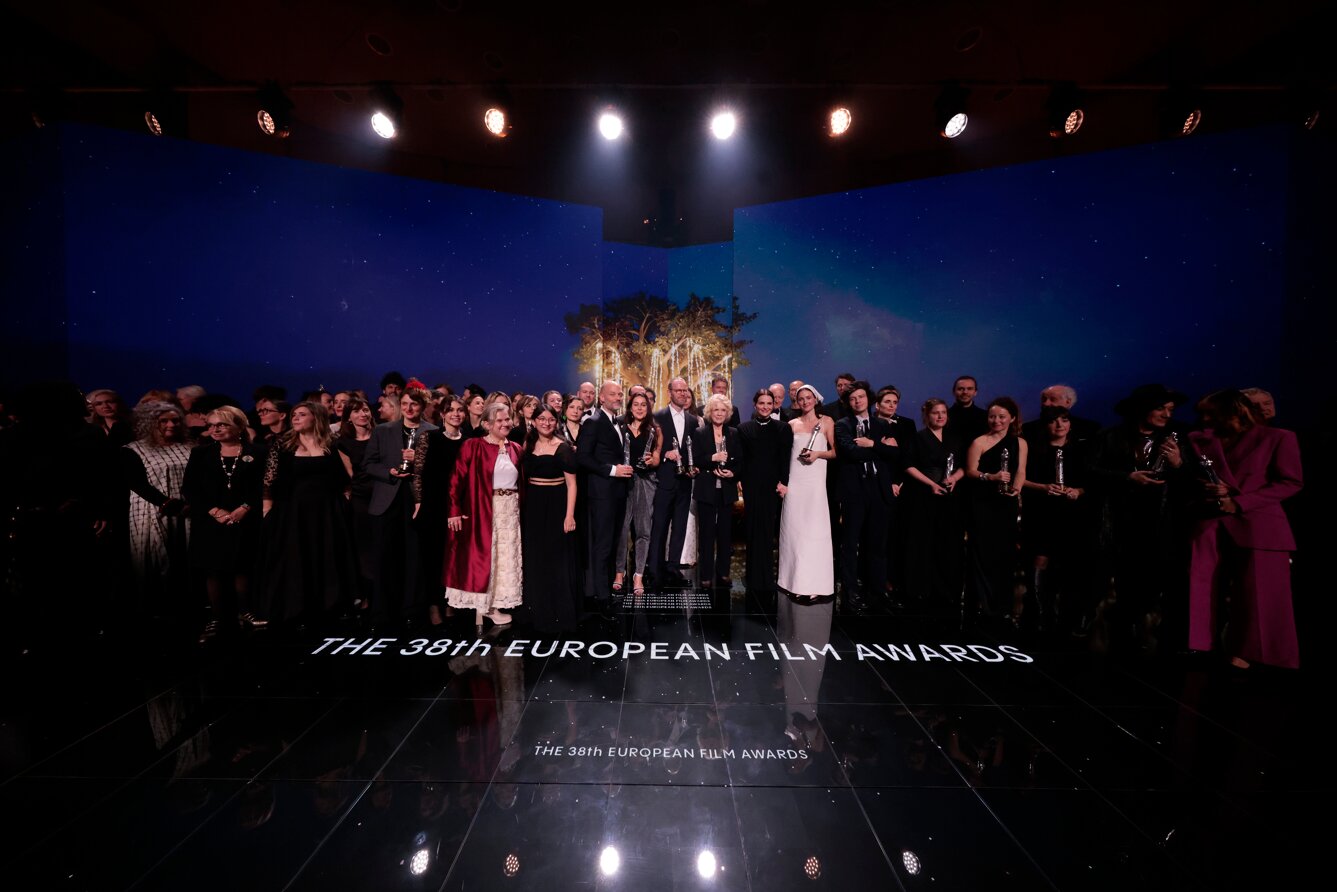_UNDERSCORE
Persisting in Time – The Evolution of Palestinian Cinema
_UNDERSCORE
Persisting in Time – The Evolution of Palestinian Cinema
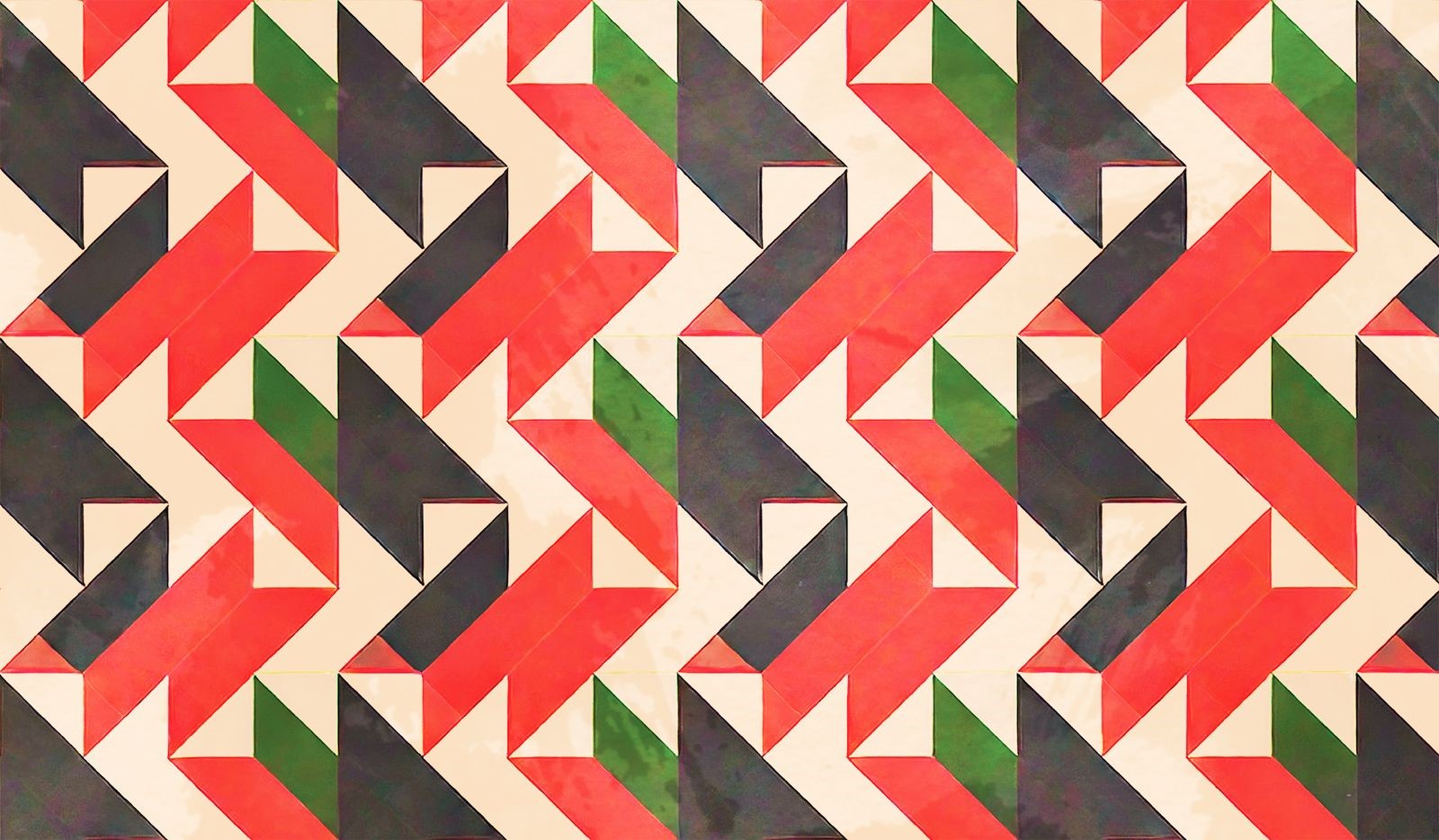
presented with the Palestine Film Institute (PFI) and in collaboration with the Palestinian filmmakers.
On the occasion of a 20-year anniversary – the European Film Academy opened its ranks to Palestinian filmmakers and their work in 2005 – we take a look at Palestinian cinema with this new _UNDERSCORE edition.
As impossible as it may generally be to identify the beginning of a film culture, it is safe to say that documentaries dominated the early years of Palestinian film history. Generally considered as the first Palestinian film is Ibrahim Hassan Sirhan’s 1935 silent documentary about the visit of King Ibn Saud of Saudi Arabia to Mandatory Palestine*.
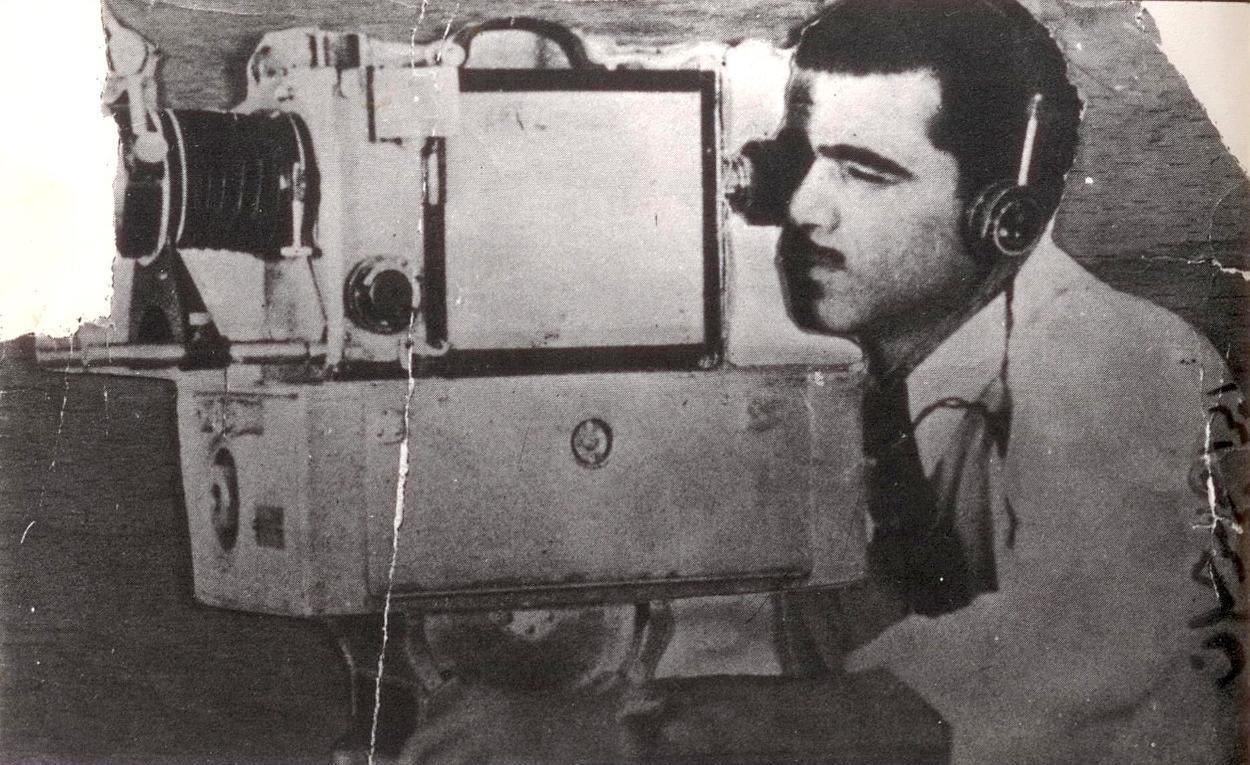
Sirhan continued with another documentary, REALIZED DREAMS, about orphaned children, and a portrait of Ahmed Hilmi Pasha, member of the Arab High Committee. Together with Ahmad Hilmi al-Kilani, Sirhan later founded the Arab Film Company which launched a first feature-length film, HOLIDAY EVE (1937), and was preparing another film with the title A STORM AT HOME (1947).
The devastating effect of the expulsion and flight of Palestinians from their homeland in 1948 (the Nakba) obviously included the nation’s nascent film industry. Films were forever lost and new productions would have required equipment, film professionals and financing: for lack of all these factors, Palestinian film production virtually ceased for twenty years.
Only few Palestinian individuals were able to contribute to film productions in neighbouring countries, among them Sirhan who participated in the making of Jordan’s first feature film, STRUGGLE IN JERASH in 1957, and Abdallah Ka’wash who directed the same country’s second feature, BELOVED COUNTRY, in 1964.
In the 1960s, a small group of people started making films again, mainly focusing on collective resistance, exile, and the plight of refugees expelled from Israel and the occupied territories. These films were mainly shown in refugee camps and makeshift screenings in different camps, towns and villages. However, some gained international recognition and made it possible for these filmmakers to tell their own stories.
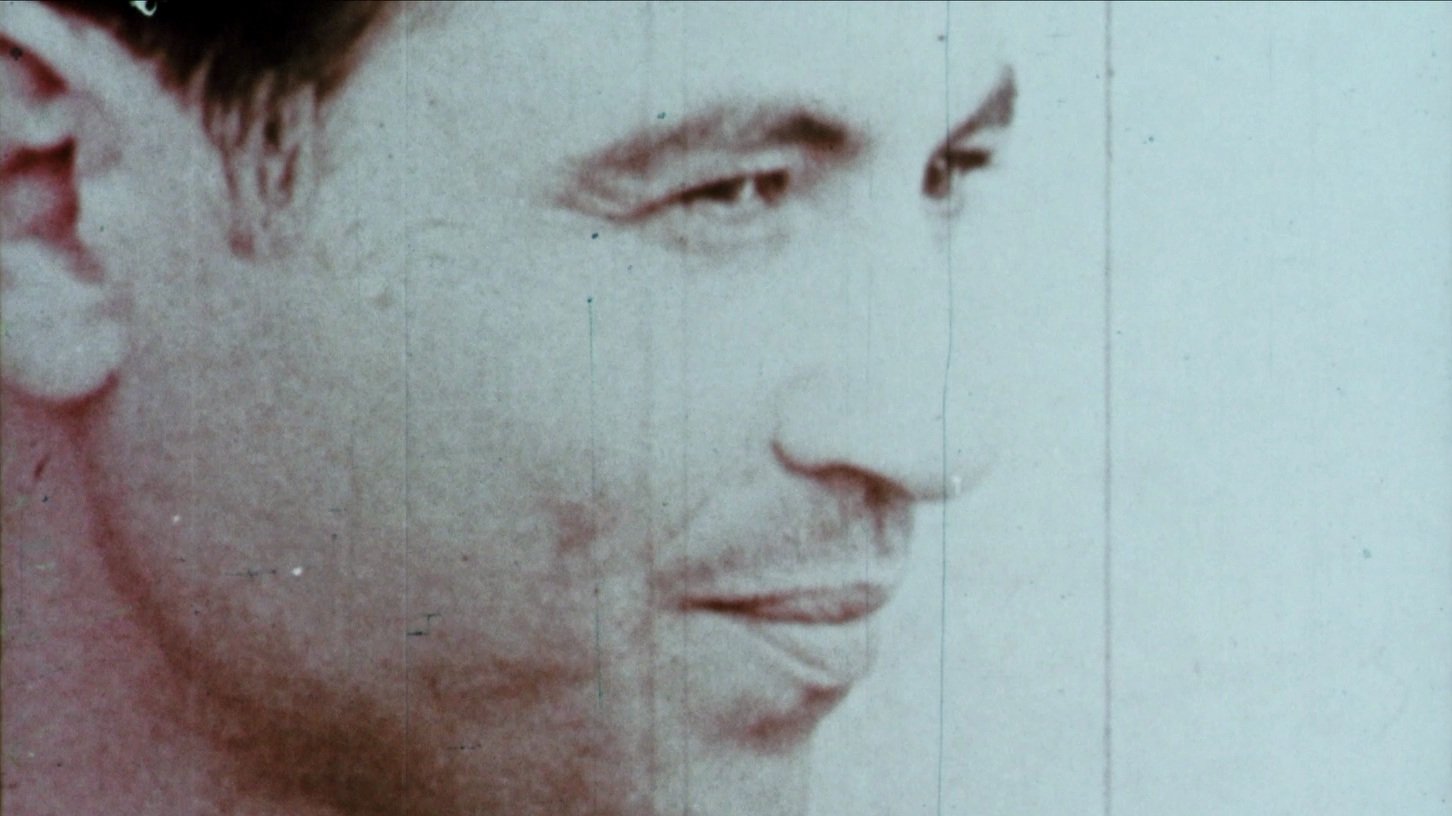
Only after 1967 was there somewhat of a renaissance of Palestinian cinema, again mostly with documentaries, and the first film festival dedicated to Palestinian films was held in Baghdad in 1973. One of the early Palestinian filmmakers was Mustafa Abu Ali who made SCENES FROM OCCUPATION IN GAZA, a 1973 short film depicting Israeli occupation measurements against Palestinians.
A new focus on the power of the image came with Michel Khleifi who made FERTILE MEMORY (1980), the first Palestinian film to be screened in Cannes.
Without a safe place, archives of Palestinian film were scattered and a big blow came with the Israeli invasion of Beirut in 1982 when the Palestinian Research Centre was taken apart and the most important archive of Palestinian cinema disappeared. Many years later, Kamal Aljafari took this up in A FIDAI FILM exploring the visual memory of this loss and the appropriation of images.
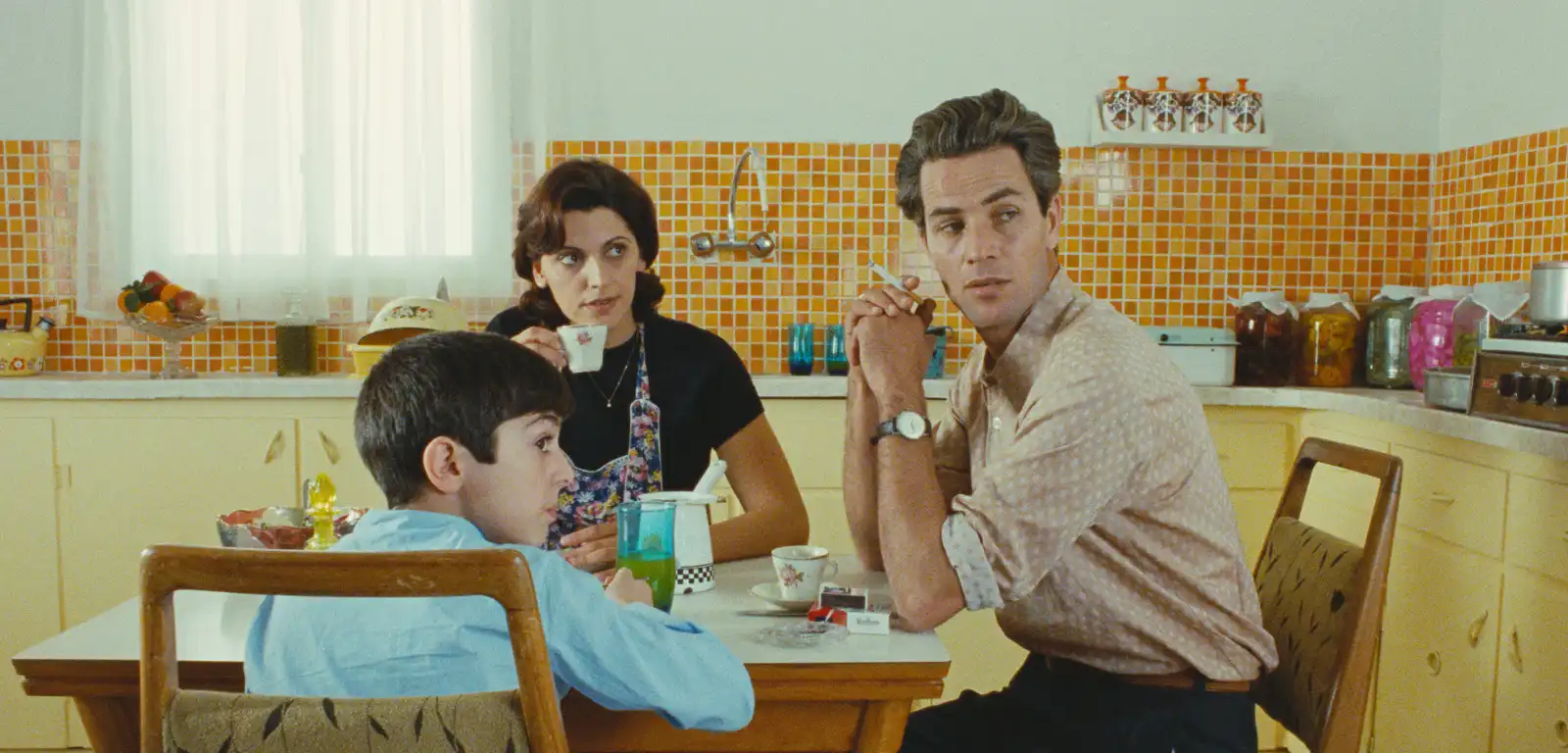
Another important influence came with Elia Suleiman whose 2002 film DIVINE INTERVENTION won the Cannes Jury Prize and a European Film Award – the first one for a Palestinian filmmaker. Suleiman was honoured in 2022 with the Academy’s European Achievement in World Cinema award.
Another European Film Award went to Hany Abu-Assad’s PARADISE NOW which follows two Palestinian childhood friends who have been recruited for a strike on Tel Aviv. It won the European Screenwriter award and the Golden Globe for Best Foreign Language film in 2006 and was the first Palestinian film to be nominated for the Oscars.
Danish-Palestinian Mahdi Fleifel’s short I SIGNED THE PETITION about the effects of supporting the cultural boycott of Israel was nominated for the European Film Awards 2018.
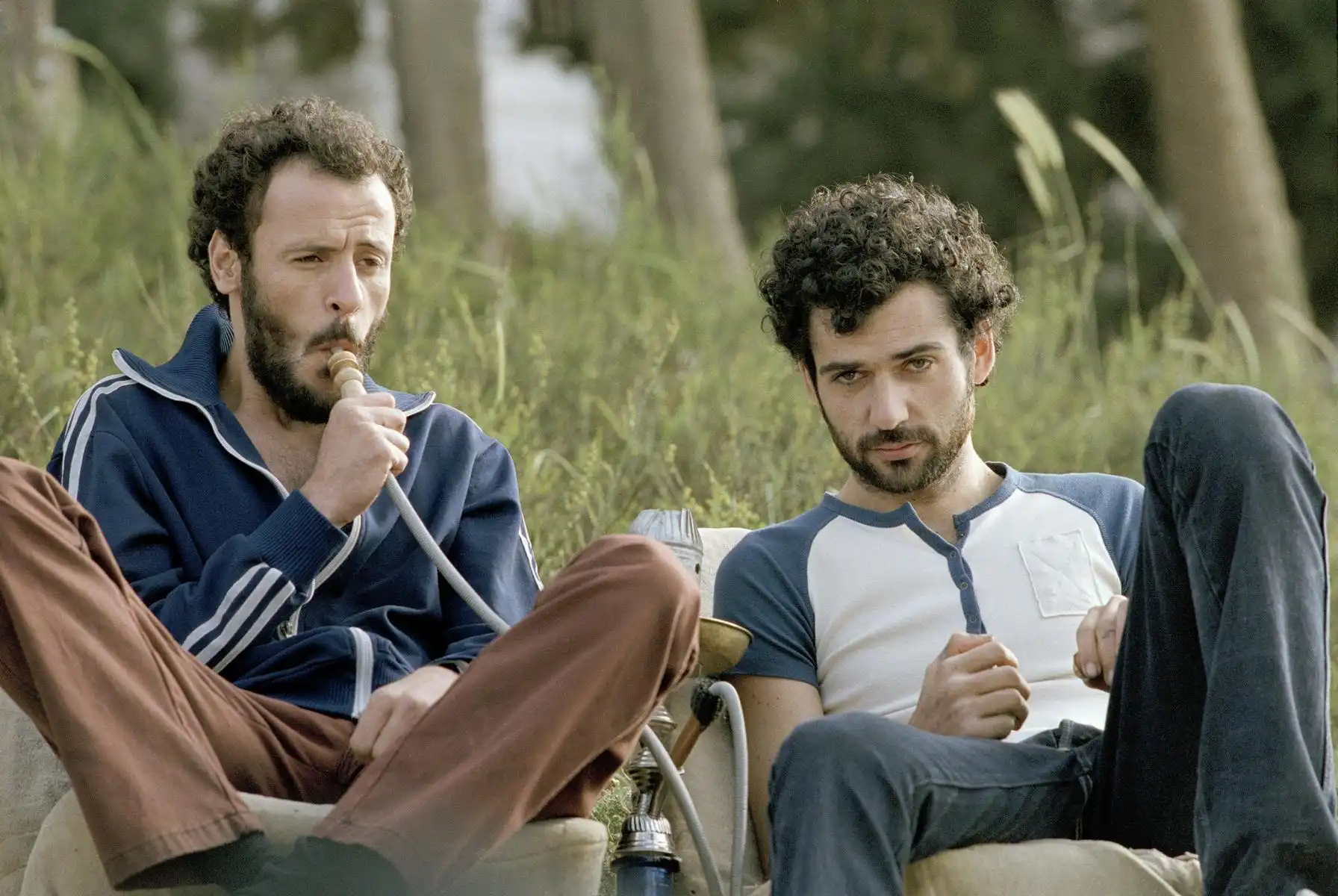
Najwa Najjar’s BETWEEN HEAVEN AND EARTH follows a divorcing couple as they make a surprising discovery which goes back to a time when religion was not an issue and love could survive. The film was in the Feature Film Selection for the European Film Awards 2020.
Looking at Palestinian cinema today, it is a multi-faceted field with a rich history and diverse forms of expression. It encompasses documentaries, feature films and other formats that are often associated with important themes such as occupation, displacement and resistance.
Currently, the documentary film NO OTHER LAND is a prominent example, depicting the gradual erasure of the Palestinian community of Masafer Yatta in the West Bank. The film premiered at the Berlinale in 2024 where it won the Documentary Award and went on a grand festival tour winning all kinds of prizes. It received the European Film Academy’s Documentary Award and went on to win an Oscar in 2025.
partner:

Palestine Film Institute
Palestine Film Institute
PFI is a voluntary and independent Palestinian non-profit organisation established in 2019. The PFI was born from a shared desire among active Palestinian-identified film professionals to create an inclusive body with the mission of developing, promoting, and preserving Palestine’s cinema, and to empower the film industry in Palestine and for Palestinians around the world.

